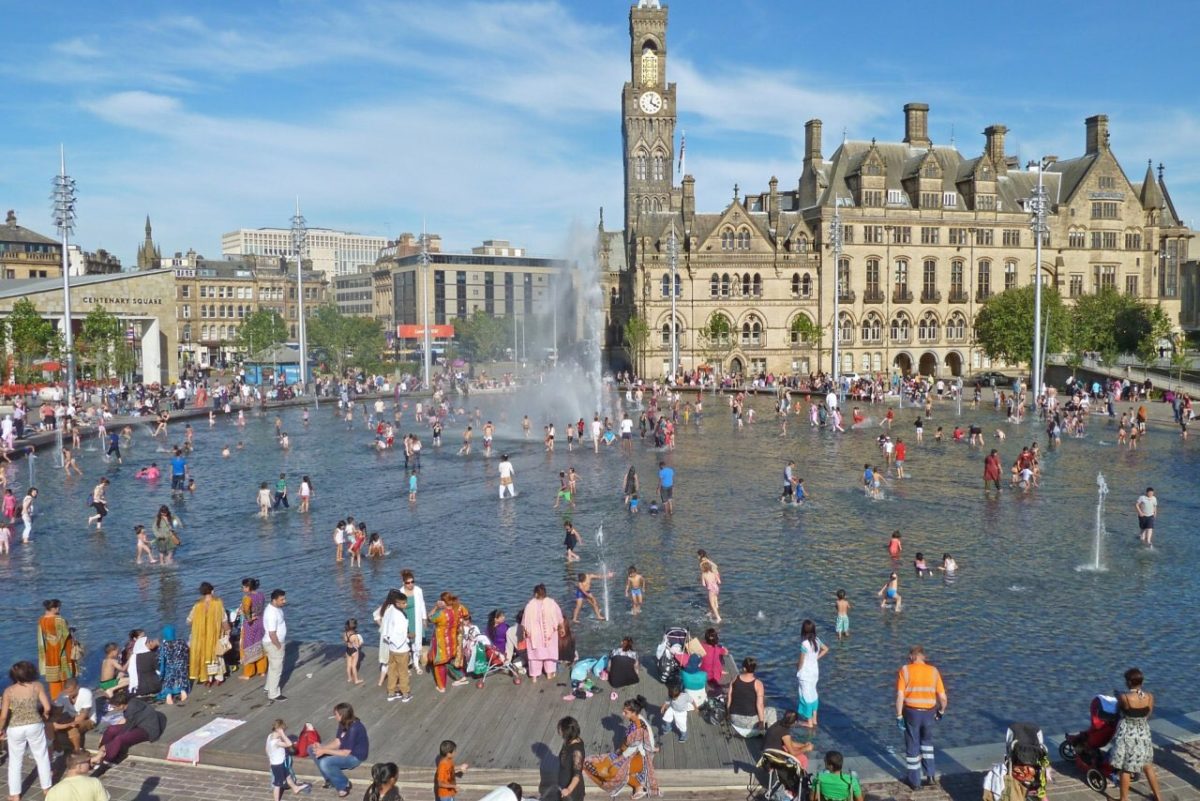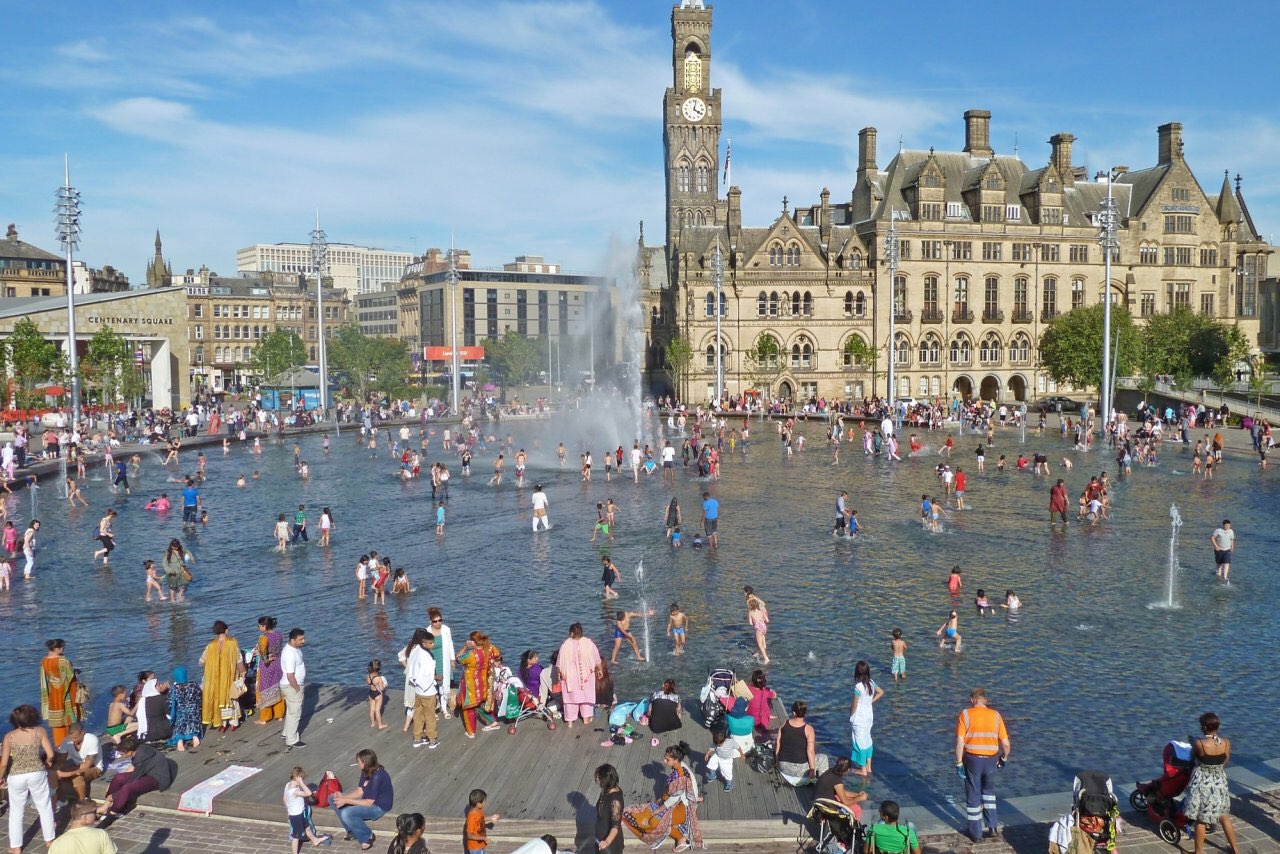In this section, you can find out about:
- how to find privately rented accommodation
- your landlord’s responsibilities
- your responsibilities
- your rights
- your living conditions
- living in a shared house
Finding private accommodation
If you choose private accommodation, you can choose to rent where you like in Bradford.
Some areas of Bradford have more private accommodation than others.
Some are more expensive than others.
When you rent private accommodation you will have to sign a Tenancy Agreement.
This will be provided by your new landlord.
A tenancy agreement tells you the rights and responsibilities of both you and your landlord.
You may also be expected to pay a deposit.
This is usually about a month’s rent, and also a month’s rent in advance.
It can be a good idea to view more than one property, to compare things like:
- condition of the property
- nearby facilities
- how easy it is to travel, park or use public transport
- cost
Shelter is a national charity offering advice about housing.
There is lots of useful information about private renting on the Shelter website.
The Money Advice Service has a page where you can calculate your budget and how much rent you could afford.
Right to rent
- Be aware that all private landlords who rent out properties in England are now required to carry out “right to rent” checks on people who want to rent from them.
- This is to check you have the right to live in the UK legally.
- Landlords will usually ask for evidence e.g. a passport or Biometric Residence Card (BRP).
Where to find private accommodation
There are about 10 letting agents in or near Bradford city centre.
They have lots of properties available in the city centre and in local areas.
Be aware, some letting agents may charge you a fee for finding you accommodation.
The easiest way to find your local letting agents is to use Google:
Search Bradford letting agents
You could also check in local newspapers, shop windows and notice boards.
Landlords sometimes advertise their accommodation that way.
You can also try websites such as: Rightmove and Zoopla.
If you receive welfare benefits
Some landlords will only accept you if you are in employment.
However, there is a website called DSS Move.
Here, you can find a landlord who will accept people who are on welfare benefits.
Put in the postcode of an area you want to live in.
Your rights
If you rent from a private landlord, you have rights.
This means that you can expect:
- certain standards for the property
- protection for your deposit
- fair treatment
The GOV.UK website has a helpful list, which tells you what you should expect.
There are certain things a landlord must do.
- They must give you a gas safety certificate for appliances such as gas fires, cookers and boilers when you move in, and every 12 months afterwards.
- They must give you deposit paperwork. If you have paid a deposit / bond, the landlord must protect it, in a government approved scheme. This makes sure you will not lose your deposit unfairly.
Keep this paperwork safe.
It will help you get your money back, if you have problems when you move out. - They must tell you in writing, in advance, if they want you to move out.
You can only be legally removed from the property with a court order.
If you are being forced out illegally, or you ever feel harassed by your landlord, you should contact the police.
Bradford Council and Citizen’s Advice Bradford can also help by writing to your landlord if you are worried about being illegally evicted. - They must tell you in advance if they need access to your accommodation, for example for repairs, unless it is an emergency.
Your tenancy agreement will usually give you information about how much notice the landlord must give you before entering your home.
You can also contact your landlord if something in the property is not working properly e.g. cooker, fridge, washing machine, shower or toilet.
Your responsibilities
As the person living in the accommodation (the tenant), you have responsibilities.
- You should take good care of the accommodation and pay for, or repair, any damage you cause.
If there is damage when you move out, the cost for repairs can be taken from the deposit you paid.
You are also usually not allowed make any alterations to the property without asking permission from your landlord. - You must allow the landlord access into your accommodation when he / she requests it (as above).
- You must pay your rent in full, and any bills e.g. for gas and electricity.
It is a good idea to make sure you are aware of all your responsibilities.
They may be different to those in the country you were previously living in.
If you do not meet these responsibilities, the landlord has the right to take legal action against you, meaning you will have to move out.
Find out more on Private Renting.
Problem with your living conditions?
If you are renting a property, either privately or from the local authority, and you have any concerns about the condition of the property or that it is over crowded, you should ask for advice.
You can report a landlord to the Housing Standard Team at Bradford Council if you think the property is not being looked after properly or if it is not safe. They can help you get the problem fixed.
For more information:
Where to get advice about your tenancy
Find out more about staying safe in your home
Living in a shared house
If you live in a house with 4 or more people who are not related to you and you share a kitchen, bathroom or lounge with them, then you live in a Licensable House in Multiple Occupation (HMO).
HMOs must be licensed by the Council, who make sure they are safe and secure.
Problem with your shared house?

